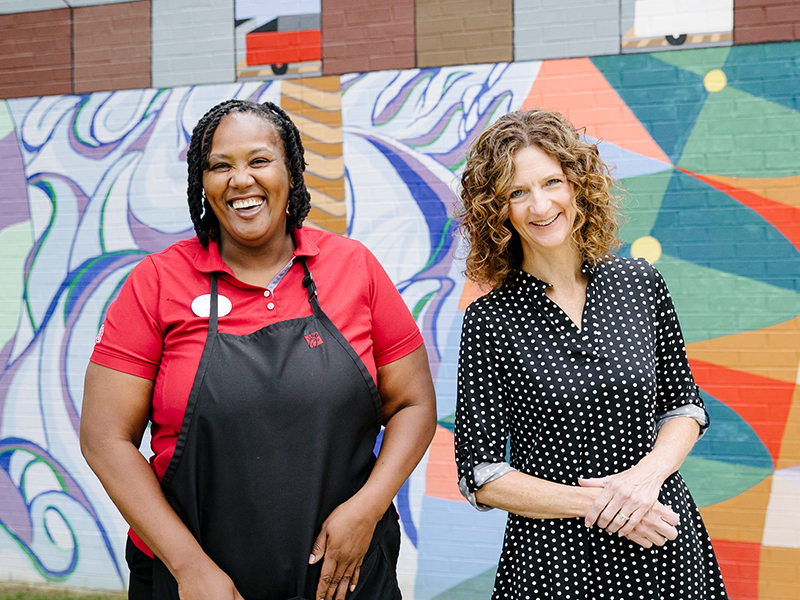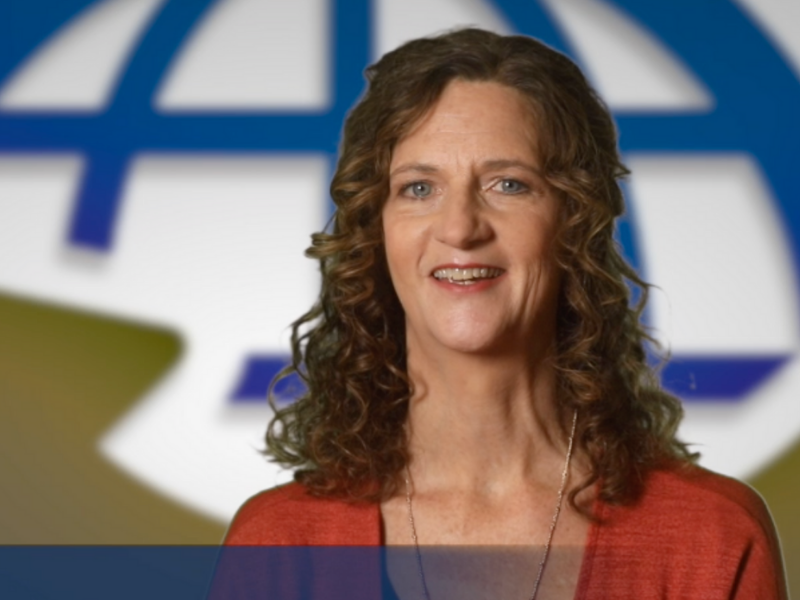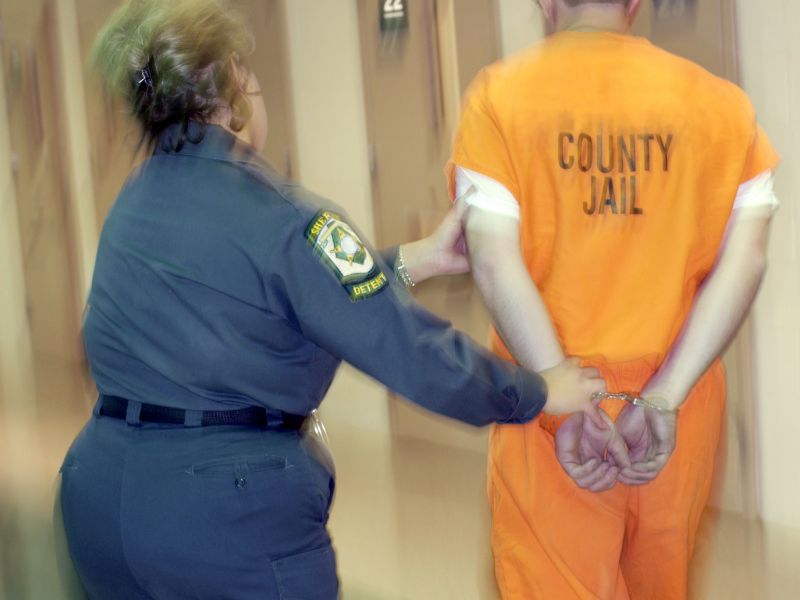
BETTER WORK has changed Latesha’s and Shay’s lives forever
BETTER WORK has changed Latesha’s and Shay’s lives forever

A newly released video shares the impact of BETTER WORK with the world
For single mothers, Shay and Latesha, the effects of being trapped in the system meant that not only were they impacted but their kids were as well. Like most mothers, all they wanted for their kids was an opportunity to thrive and have a better life. But unlike many parents, the instability of work presented a sense of hopelessness that both Shay and Latesha struggled to overcome.
In 2020, the Atlas Network, an international organization that partners with over 500 think tanks around the world to remove barriers to opportunities; and empower individuals to live a life of choice came to Georgia to create a documentary on the Georgia Center for Opportunity. What they found was a program that was bringing dignity through work to a struggling community in Columbus, GA.
The moving story of Shay and Latesha overcoming adversity as they joined the Georgia Center for Opportunity’s groundbreaking BETTER WORK program (then titled Hiring Well, Doing Good) is a powerful one. It is one that both highlights the struggles many low-income mothers face, while showing an example of the dignity that can come out of programs that empower individuals.
“Dignity comes from us giving what we’ve been gifted with back to the world and figuring out our place in it,”
– Joyce Mayberry
BETTER WORK means a better opportunity
The BETTER WORK program started as a pilot program to help address the entire need of unemployed or underemployed individuals. Many people struggling and living on government assistance need a community to come around them to address immediate needs as well as vocational needs. BETTER WORK is designed to do just that. It is a program that brings together local resources through non-profits and businesses. Through mentorship and community, BETTER WORK is helping get individuals in sustainable and rewarding work.
Shay and Latesha’s story is just one example of how something as simple as work, can lead to a thriving and hopeful future for an entire family. It is why work is more than just a job to those in need. It provides hope, dignity and a sense of purpose.
The Georgia Center for Opportunity is proud to have been able to share this story and thankful to the Atlas Network for making sure the world sees it.











